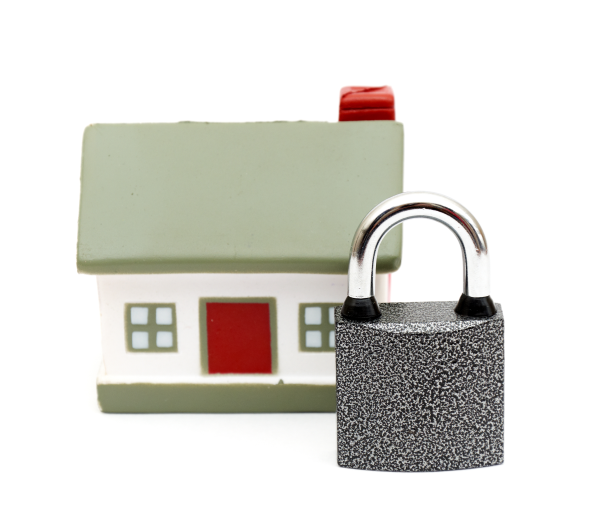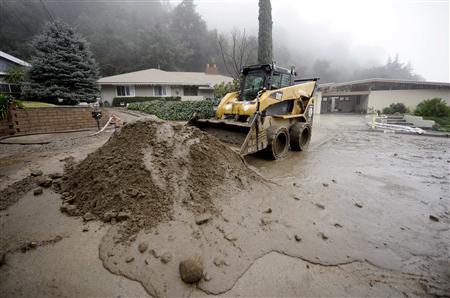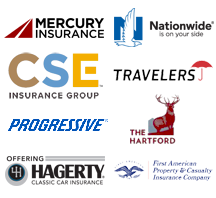Buying a new home is an exciting time in your life. Thinking of your new life in your first home...or maybe it's a second or third home in a new city. But it can also be a stressful time. This is a huge investment with lots of documents to understand and sign.
Part of buying a new home is purchasing a homeowners insurance policy. It is a requirement of your loan that you purchase homeowners insurance to cover the amount of the loan. This protects the banks interests, but you also want to protect your investment in the home, your personal property and your personal liability. I hope to clarify homeowners insurance for you and help you with the process of obtaining homeowners quotes and buying a homeowners policy.
6 Parts of a Homeowners Policy
1. Dwelling - Your dwelling should be insured for the amount it would cost to rebuild it in the event of a total loss. This is called the replacement cost and it is very different from the market value or purchase price. The market value takes into consideration things like good schools, a good view, swimming pool, on the beach and large lot.
2. Other Structures - This would include any structure that is not attached to the dwelling. It would include things like a detached garage, guest house or shed. In California a homeowners policy automatically includes this coverage at 10% of your dwelling limit. Coverage can be increased if necessary.
3. Personal Property - This includes coverage for all of your personal belongings - anything that you would take with you if you move out - clothing, dishes, furniture, computers. Depending on your insurance company, this limit is typically 50-75% of the dwelling limit. Some items have special limitations. Be sure to ask your agent for further information.
4. Loss of Use or Additional Living Expense - This is a very important coverage that is normally not given much thought. If your home is damaged by fire you will probably have to move out while it is being rebuilt. This means renting a home or apartment and possibly renting furniture until yours is replaced. At the same time you will still be making your monthly mortgage payment. Loss of Use will pay for any additional living expense you may have as a result of the damage to your home. It would pay to rent another home and furniture. The limit varies by company. Some include a limit of 20% of the dwelling amount. Some insure it for the "actual loss sustained" with no limit except the length of time they will pay it, usually 12-24 months.
5. Personal Liability - This coverage is provided if a claim is made or a lawsuit is brought against you because you allegedly caused injury to someone or damaged someone's property. We had a client that was having work done at his home and there was a small trench in his front yard. A delivery man twisted his ankle when he tried to get over the trench. The homeowners insurance policy paid for the man's injuries. Another example would be if you own a dog and the dog bites someone. Although some agencies will offer a limit of $100,000 this coverage is typically written for a minimum limit of $300,000 - $1,000,000. The difference in premium between $100,000 and $300,000 is about $20 per year so it is definitely worth increasing.
6. Medical Payments to Others - This coverage will pay for the medical expenses of someone other than the homeowner. It is different than Personal Liability because the homeowner does not have to be legally liable. The example I often use with my clients is a medical payments claim my brother incurred. His wife and her friend decided to roller skate in their driveway. The neighbor fell and injured her wrist. This was not my brothers fault nor his wifes, but they wanted to take care of their neighbor so they turned in a claim. It can be written with a limit of $500 up to $25,000 depending on the company.
Now it is time to purchase your homeowners policy. When you contact an insurance agent for a homeowners insurance quote he/she will ask many questions about you and your home. To help you with this process, download our free Guide to Obtaining a Homeowners Insurance Quote. It will help you prepare by giving you a list of information the agent will need in order to provide you with a quote. It also provides you with information you should discuss with your agent to be sure he/she insures you properly.














